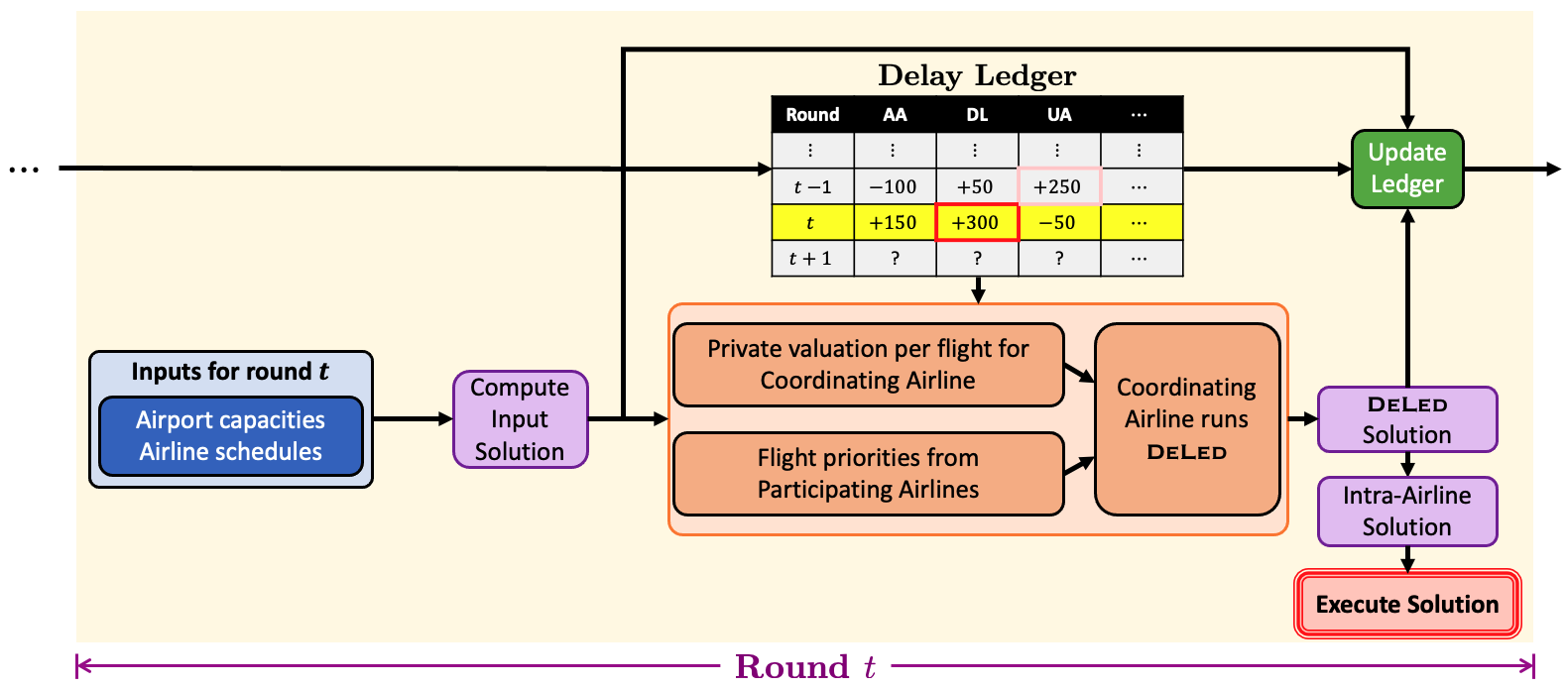Max’s research interests lies in the design, management, and optimization of large-scale infrastructure systems, focusing on the air transportation system and emerging aerial mobility systems. He is interested in the application of methods applicable to networked systems, especially with resource constraints (e.g., airspace and airport capacity), diverse stakeholders (e.g., passenger-centric, airline-centric), and complex dynamics (e.g., changing temporal behaviors). Max has worked on a variety of data-driven problems related to analyzing flight delays across airport networks, strategic/tactical air traffic management and delay assignments, privacy and routing in drone-based applications, and uncertainty-aware traffic management. He is interested in methods such as graph signal processing and signal processing over non-Euclidean domains, data-driven optimization, mixed-integer/integer/combinatorial programs, resilient network design, and stochastic optimization. Broadly, Max hopes to contribute to a safe, resilient, and efficient air transportation system (inclusive of intra- and inter-city modalities) within the context of a passenger’s (or cargo’s) door-to-door journey.

What is the most significant scientific contribution you would like to make?
Working with air traffic controllers and traffic flow managers to deploy/prototype a congestion management solution/model!
What makes you excited about your data science and AI research?
The potential positive impact on the air transportation system, and helping to make it more efficient and equitable in terms of access.
Accomplishments and Awards
- 2023 Propelling Original Data Science (PODS) Grant Award: From ground to air, and the traveler experiences in-between: Human-centered data-driven performance measures for multimodal transportation systems
